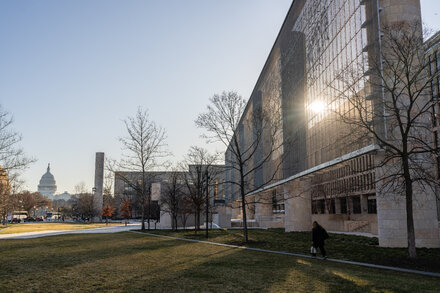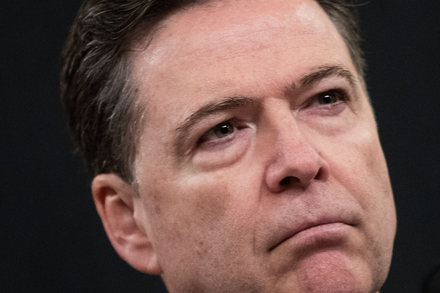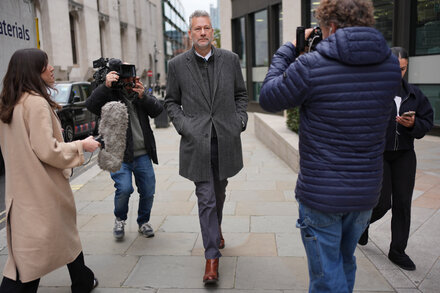WASHINGTON D.C. — A deepening diplomatic dispute has escalated between the United States and the United Nations, centered on the Trump administration’s increasing restrictions on visas for foreign delegates and UN officials seeking to enter the country for official duties. The standoff challenges foundational agreements governing the UN’s presence in New York and threatens to impede critical international diplomacy, particularly ahead of key global gatherings.
At the heart of the contention are a series of visa denials and significant delays for representatives from several nations, as well as for some UN personnel, often citing national security concerns. The United Nations, in turn, has vocally asserted that these actions violate the 1947 UN Headquarters Agreement, which mandates that the U.S. facilitate the entry and transit of persons invited to UN functions.
Escalating Tensions Over Diplomatic Access
The latest flashpoint emerged with the denial of visas to several Iranian diplomats intended to be part of their country’s delegation to an upcoming UN economic and social council meeting. Similar issues have reportedly affected delegates from other nations with strained U.S. relations, as well as a senior UN human rights investigator scheduled to present a report at the General Assembly.
The Trump administration has consistently maintained its sovereign right to control its borders and scrutinize all visa applications. A State Department spokesperson, speaking on condition of anonymity to discuss ongoing diplomatic matters, indicated that each application is reviewed on a case-by-case basis.
“The security of the United States and its citizens remains paramount,” the spokesperson stated. “We will not compromise on national security by allowing individuals who pose a risk to enter our country, regardless of their intended purpose, while upholding our international obligations where appropriate and consistent with U.S. law.”
However, the United Nations argues that the U.S. obligations under the Headquarters Agreement are clear and non-negotiable for bonafide UN-related travel. UN Secretary-General António Guterres has reportedly raised the issue directly with U.S. officials, emphasizing the need for unhindered access to ensure the proper functioning of the international body.
“The effective functioning of the United Nations depends on the ability of all Member States to participate fully and without impediment in its work,” said Farhan Haq, Deputy Spokesperson for the Secretary-General, in a recent briefing. “We expect the host country to adhere to its commitments under the Headquarters Agreement and facilitate the entry of delegates and officials essential for the Organization’s operations.”
Implications for International Diplomacy
The standoff carries significant implications for multilateralism and the U.S.’s role as the host nation for the United Nations. Critics argue that restricting access undermines diplomatic engagement and could isolate the U.S. on the global stage. Some member states have privately expressed alarm, fearing that such actions could set a dangerous precedent, potentially leading to retaliatory measures by other countries against U.S. diplomats or UN personnel.
For delegations from the Middle East, particularly those from nations already at odds with Washington, the visa hurdles add another layer of complexity to already sensitive diplomatic efforts. The ability to engage directly at the UN, especially on pressing regional issues, is seen as crucial for de-escalation and dialogue.
As the diplomatic impasse continues, UN officials and several member state representatives are urging for immediate resolution, stressing that the integrity of the UN’s work and the spirit of international cooperation are at stake.
Source: Read the original article here.





